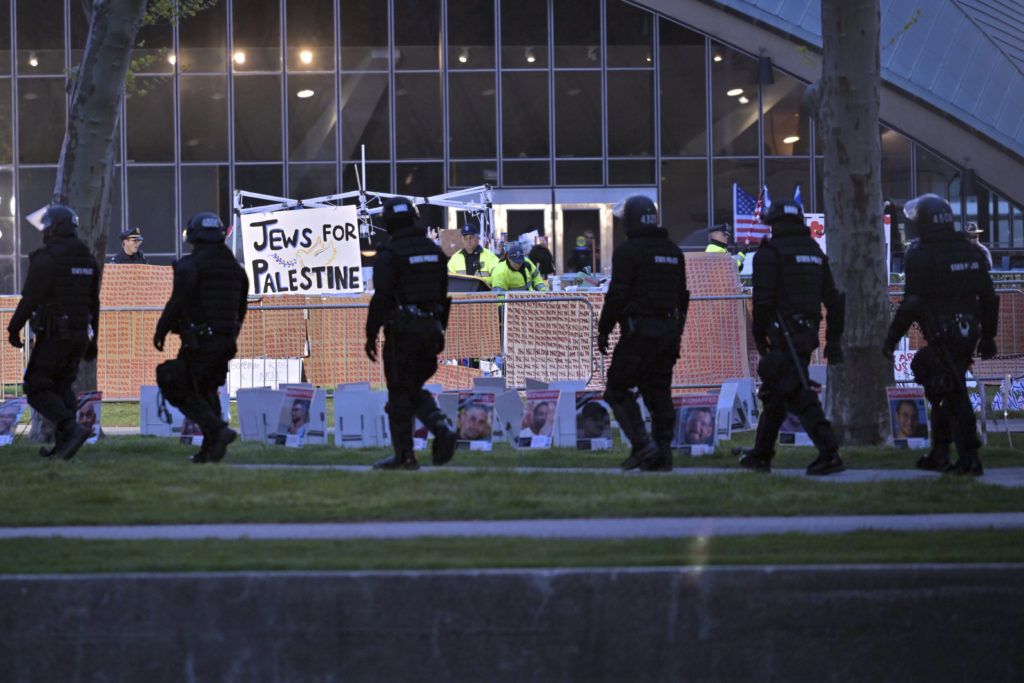Jan. 7—Luzerne County Chief Detective Thomas Heffernan received a telegraph from Idaho Springs, Colo., Detective George W. Bywater on Dec. 1, 1886, indicating a suspect in an 1876 murder in Plymouth was in their custody.
Bywater alerted Heffernan that the murder suspect, William Kunckey, was arrested on the charge of “housebreaking” and wanted the warrant for the Plymouth murder.
“T.J. Heffernan, County Detective: William Kunckey is in the county jail awaiting trial on a charge of housebreaking. Court will convene on Dec. 6. Do not think the charge will stick. Get papers here immediately,” Bywater’s telegraph stated, as published in the Wilkes-Barre Daily News-Dealer on Dec. 4, 1886.
The telegraph confused Heffernan as an unsolved murder in Plymouth a decade earlier was not known.
Other telegraphs were sent between Heffernan and Bywater in Colorado in the subsequent weeks.
One such telegraph dated Jan. 13, 1887, from Bywater sought information about a reward. If no reward or if the reward was not high enough, Bywater threatened to release Kunckey to other authorities.
“If no reward offered in your state, we will then either turn Wm Kunckey over to the Dakota or New Mexico authorities, both of those places he is wanted for murder and rewards for him in both instances, but what we want is to get the most money out of it we can for our time and trouble,” Bywater wrote in his telegraph to Heffernan on Jan. 13, 1887.
The Wilkes-Barre Daily News-Dealer in their story Dec. 4, 1886, reported John C. Thomas, a merchant and saloon keeper at Main and Center streets in Plymouth, was gunned down during a robbery on Jan. 20, 1876, and the murderer was never captured.
The telegraphs between Bywater and Heffernan sparked public interest in the unsolved murder.
The Evening Leader on Jan. 13, 1887, reported an indictment for Kunckey could not be found during a search of criminal records at the Luzerne County Courthouse on Public Square, Wilkes-Barre.
“There never was an indictment against Kunckey and never a reward offered for his capture. He is said to have committed a murder in a bawdy house at Plymouth,” the Evening Leader reported.
Heffernan replied with a telegraph on Jan. 20, 1887, that Kunckey was not wanted in Luzerne County.
Was the telegraph seeking a reward a hoax? A mistake? Perhaps a mishap at a time with very limited ways of communicating?
A search of newspapers that existed in 1876 in the Wyoming Valley returned results for a murder at Thomas’ saloon in Plymouth on Friday, Jan. 21, 1876.
“Plymouth was the scene of another murder on Friday night, a murder which for coolness, audacity and want of incentive has rarely been equaled in the history of crime,” the Plymouth Weekly Star reported Jan. 26, 1876.
The Weekly Star reported Charles Flynn was playing a tune on his violin inside the saloon when he was shot dead by Enoch Cooper. Kunckey was inside the saloon at the time of the killing, according to a transcript of Cooper’s trial held in April 1876. The trial transcript was published in the Daily Record of the Times.
Cooper was convicted of first-degree murder and was sentenced by Judge Edmund L. Dana to nine years in prison at the Eastern Penitentiary in Philadelphia.
Signup bonus from





I loved you better than you would ever be able to express here. The picture is beautiful, and your wording is elegant; nonetheless, you read it in a short amount of time. I believe that you ought to give it another shot in the near future. If you make sure that this trek is safe, I will most likely try to do that again and again.